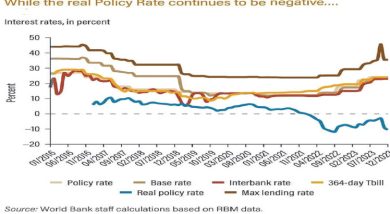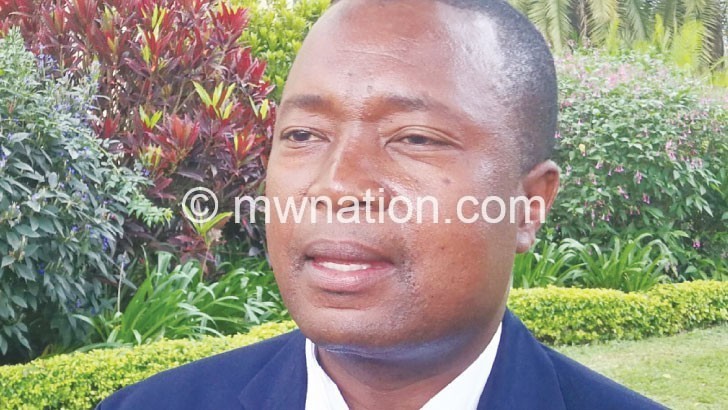Malawi milk producers protest high taxes on dairy products

Milk producers under the Malawi Milk Producers Association (MMPA) have complained about “punitive” taxes on dairy products and equipment, arguing such taxes are merely suffocating the dairy industry.
“Taxes on dairy products and dairy equipment are suffocating the industry. Deliberate efforts should have been made to make the industry grow,” said Herbert Chagona, MMPA programmes manager on Monday when asked to provide challenges local milk producers faced in 2013.
The association’s outcry comes barely a week after the Malawi Economics Justice Network (Mejn) in collaboration with Action Aid International also faulted the country’s tax system, saying it is perpetuating poverty in the country.
Currently, dairy equipment attracts 16.5 percent value added tax (VAT) and a three percent withholding tax imposed on milk at Milk Bulking Group (MBG) level.
Chagona said these tax measures “do not make sense as they are simply chasing away farmers from bulking their milk.”
Dairy supplies such as dairy equipment, veterinarian drugs, semen, among others, are all imported since Malawi cannot produce them.
But he said such taxes have only increased the cost of milk and cooling tanks, making it impossible to cool their milk for consumption.
Chagona also said high taxes on dairy equipment are contrary to government’s wish to develop the dairy sector through the one cow per family, an initiative introduced by President Joyce Banda, and nutrition programmes supported by United States Agency for International Development (Usaid) and other donors.
The MMPA boss also lamented high cost of producing a litre of milk due to increase of prices of essential items, services and equipment, stressing that the price of veterinarian drugs and dairy marsh has doubled from K2 500 in 2011 to K5 200 in 2013.
Other problems that affect the growth of the dairy industry, according to Chagona, include the lack of available dairy cows, poor feeding practices and the lack of training or extension services.
Acting director of revenue division in the Ministry of Finance Ken Matupa last week said government is committed to ensuring that the tax system serves the citizenry better and also attracts the much needed investment without compromising on the collection of a fair share of revenue needed for the delivery of various social and economic services.
Currently, Malawi is experiencing a worrisome milk per capita consumption of five litres per annum against a recommendation by the World Health Organisation (WHO) of 220 litres per annum to ensure a healthy diet.
Malawi is estimated to have about 18 000 dairy cows which is not enough to produce milk to cater for recommended milk consumption for an estimated population of 14 million Malawians.





